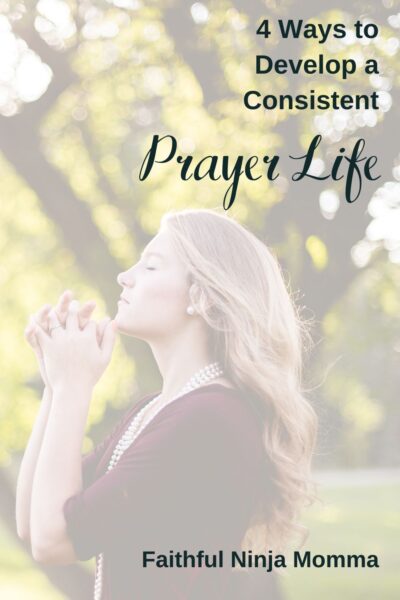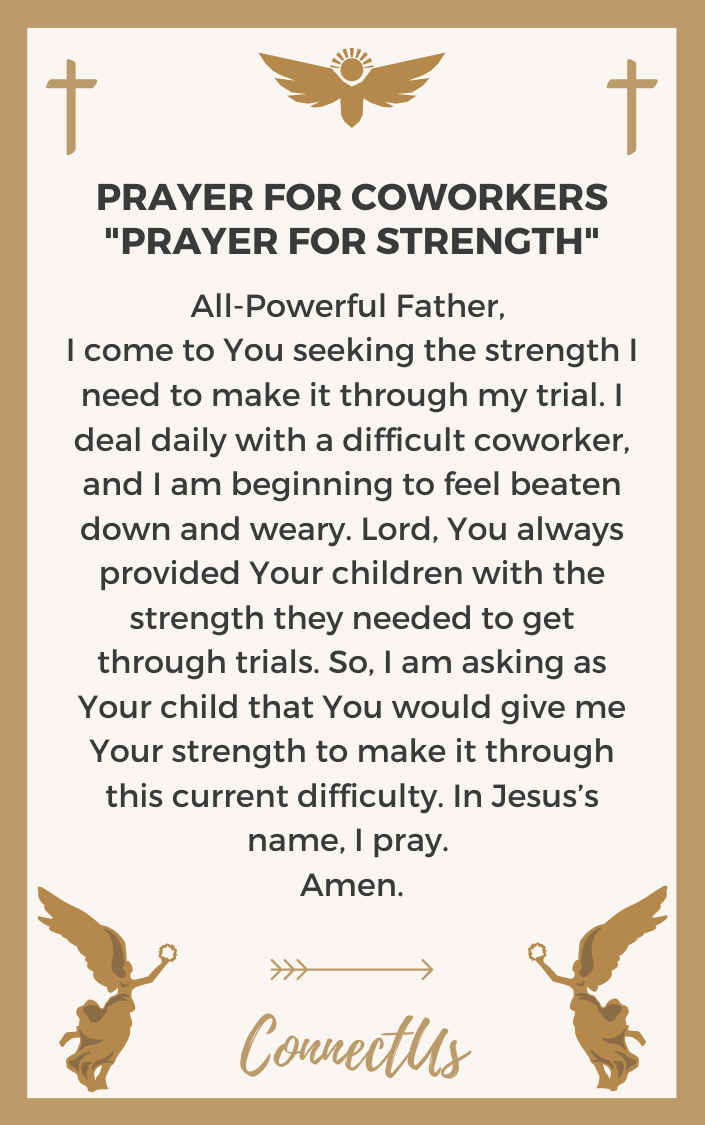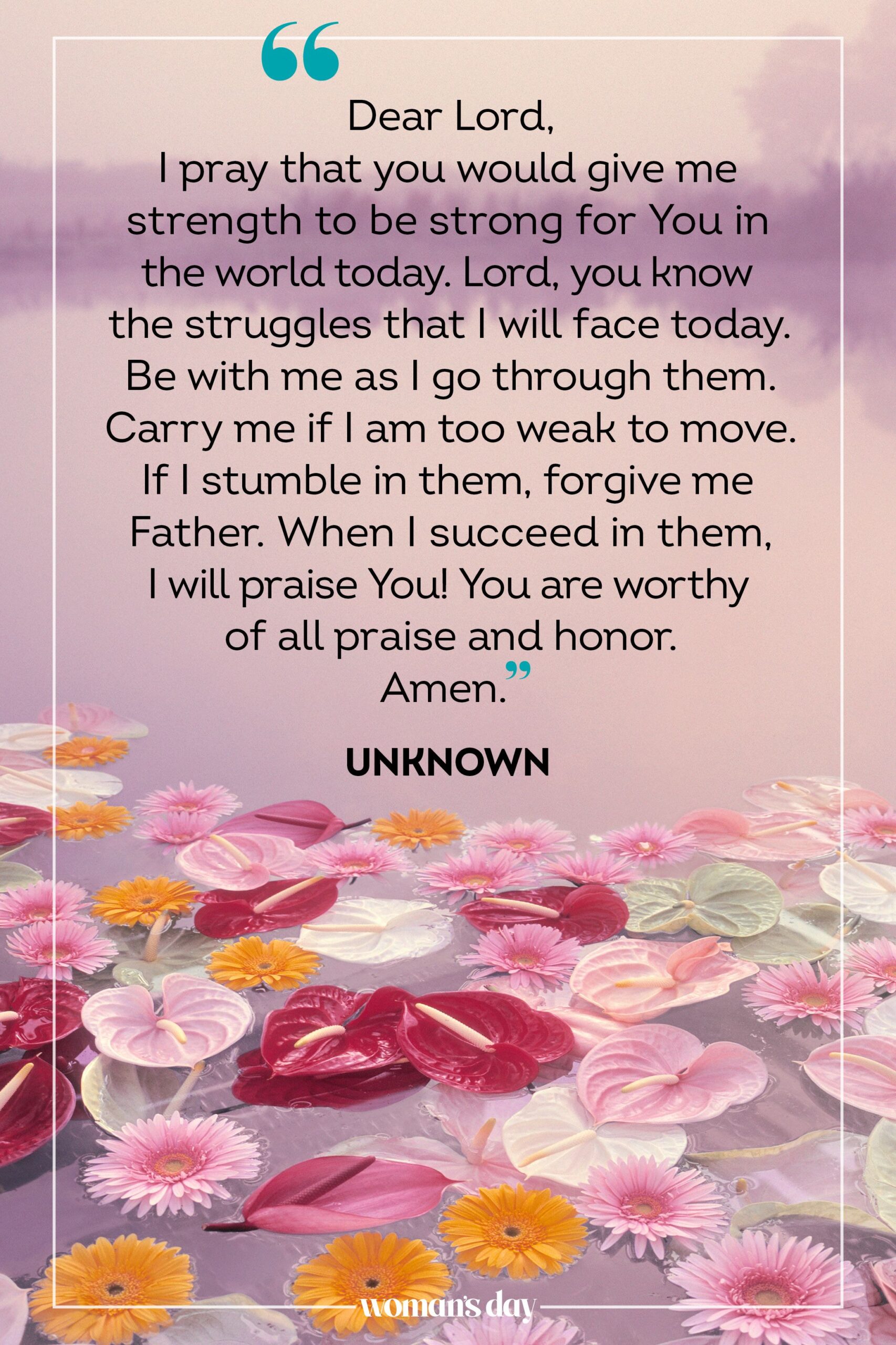What Is Praying Out Loud Vs. Praying Silently: The Pros and Cons – Prayer is an essential part of many people’s religious practices, and it can take on various forms. Some people prefer to pray out loud, while others prefer to pray silently. In this article, we will explore the pros and cons of each approach to help you determine which one is best for you.
Praying Out Loud Pros
- Improved Focus: When you pray out loud, you are forced to slow down your thoughts and concentrate on the words you are speaking. This can lead to a deeper and more meaningful prayer experience.
- Increased Accountability: Praying out loud can hold you accountable to your prayers. When you speak your prayers aloud, you are making a public declaration of your faith and intentions, which can help you stay committed to them.
- Stronger Community Bond: When you pray out loud with others, you are joining in a shared experience that can strengthen your community bond. Praying out loud in a group can be a powerful way to bring people together and support each other.
Cons
- Distractions: Praying out loud can be distracting to others, especially in quiet public places or at home if other people are trying to rest or sleep.
- Lack of Privacy: Praying out loud can take away the privacy and intimacy of your prayer experience. You may feel self-conscious about praying out loud in front of others, or feel that your prayers are not as personal when you pray in a group.
Praying Silently Pros
- Privacy and Intimacy: Praying silently allows you to have a more personal and intimate experience with your faith. You can focus on your thoughts and feelings without any distractions or self-consciousness.
- Flexibility: Praying silently can be done anywhere, at any time, without disturbing others. You can pray silently while you’re at work, at home, or on the go.
- Deeper Connection: Praying silently can allow you to have a deeper connection with your faith. When you are not distracted by the sounds of your own voice, you can focus more on the content of your prayers and the feelings they evoke.
Cons
- Lack of Focus: Praying silently can be more challenging to stay focused on your prayers. Without the physical act of speaking, it can be easy to let your mind wander.
- Reduced Accountability: Praying silently does not hold you accountable to your prayers in the same way that praying out loud does. You may be less likely to stay committed to your prayers if you are not speaking them out loud.
Different Forms Of Praying Out Loud
Group Prayer: Group prayer can be a powerful way to bring people together and support each other. When you pray out loud with others, you are joining in a shared experience that can strengthen your community bond. Group prayer can also be a way to hold each other accountable to your prayers and provide encouragement and motivation to keep going.
Individual Prayer: Individual prayer can be just as meaningful as group prayer, and it can provide you with a more personal and intimate experience. Praying out loud by yourself can help you focus on the words you are speaking and improve your concentration. It can also be a powerful form of self-expression and a way to connect with your faith on a deeper level.
Chanting and Singing: Chanting and singing can be a form of prayer that is both musical and meditative. These forms of prayer can bring a new level of focus and energy to your prayer practice, and they can help you connect with your faith in a unique and powerful way.
Different Forms Of Praying Silently
Meditation: Meditation can be a form of silent prayer that allows you to focus on your thoughts and feelings without any distractions. Meditation can help you connect with your faith on a deeper level and improve your overall well-being.
Contemplation: Contemplation can be a form of silent prayer that involves reflecting on your thoughts and feelings in a calm and peaceful way. This form of prayer can help you gain a deeper understanding of your faith and provide you with a sense of peace and clarity.
Visualization: Visualization can be a form of silent prayer that involves imagining positive outcomes and visualizing your goals and aspirations. This form of prayer can help you focus on your desires and bring a sense of purpose and meaning to your life.
Advantages Of Praying Out Loud In Public
Building Community: Praying out loud in public can bring people together and help build community. When you pray out loud with others, you are joining in a shared experience that can strengthen your community bond and provide a sense of belonging and support.
Demonstrating Faith: Praying out loud in public can demonstrate your faith and serve as a testament to your beliefs. It can also inspire others to become more involved in their own faith and provide a positive example for others to follow.
Encouraging Others: Praying out loud in public can encourage others to pray and improve their own faith practices. Hearing others pray out loud can inspire others to be more intentional and dedicated in their own prayer lives.
Advantages Of Praying Silently In Public
Maintaining Privacy: Praying silently in public allows you to maintain your privacy and have a more personal and intimate experience with your faith. You can focus on your thoughts and feelings without feeling self-conscious or distracted by others.
Staying Focused: Praying silently in public can be easier to stay focused on your prayers and avoid distractions. Without the physical act of speaking, you can focus more on the content of your prayers and the feelings they evoke.
Avoiding Disturbances: Praying silently in public can avoid disturbances and respect the peace and quiet of others. Praying silently allows you to pray anywhere, at any time, without disturbing others and without drawing attention to yourself.
See Also;
Prayer For Meditation While Praying
Final Thoughts -Praying Out Loud Vs. Praying Silently: The Pros and Cons
Praying out loud or silently both have their advantages and disadvantages, and the best approach for you will depend on your personal preferences and needs. Consider your goals for prayer and your individual circumstances, and choose the approach that feels most comfortable and meaningful for you. Regardless of the method you choose, the most important thing is to maintain a consistent prayer practice that helps you connect with your faith and bring meaning to your life.






